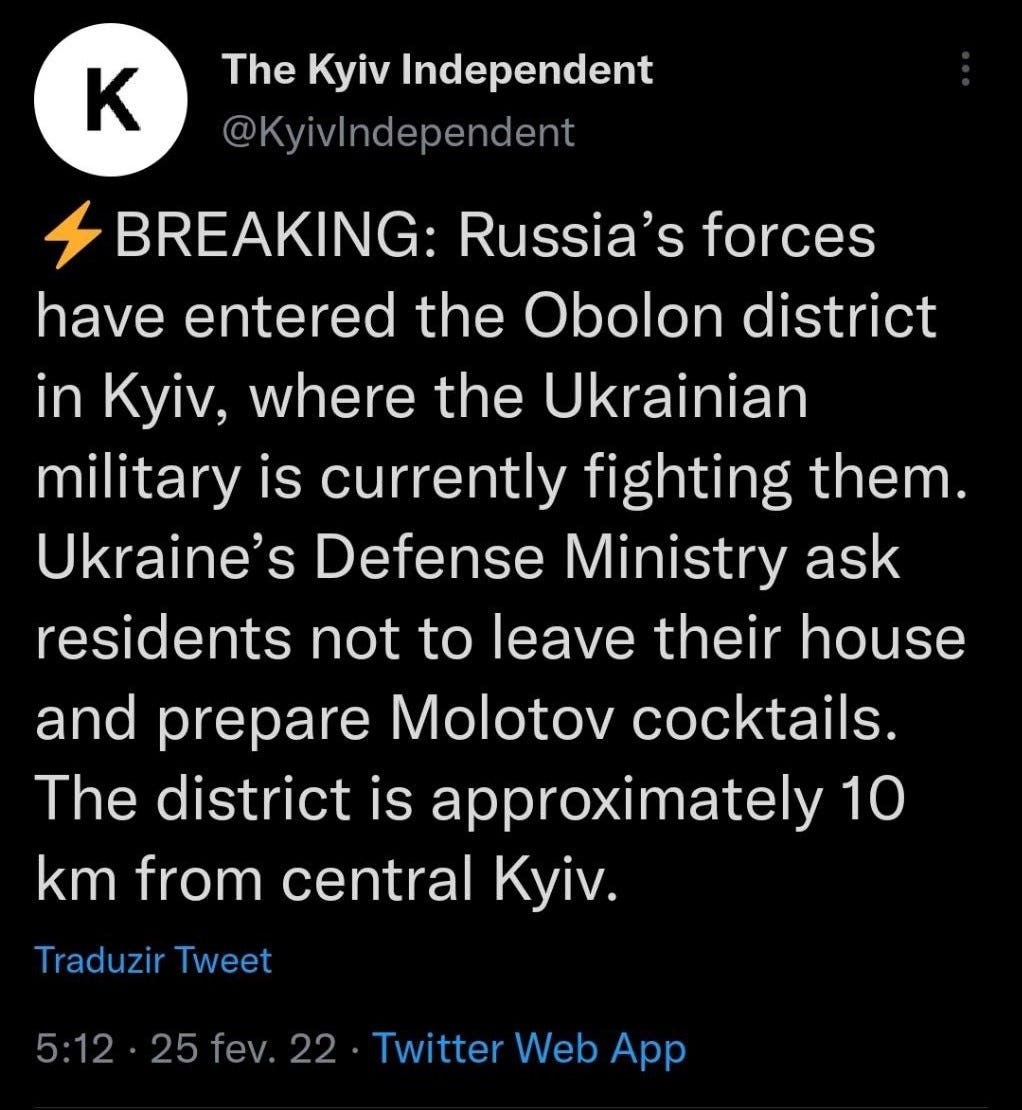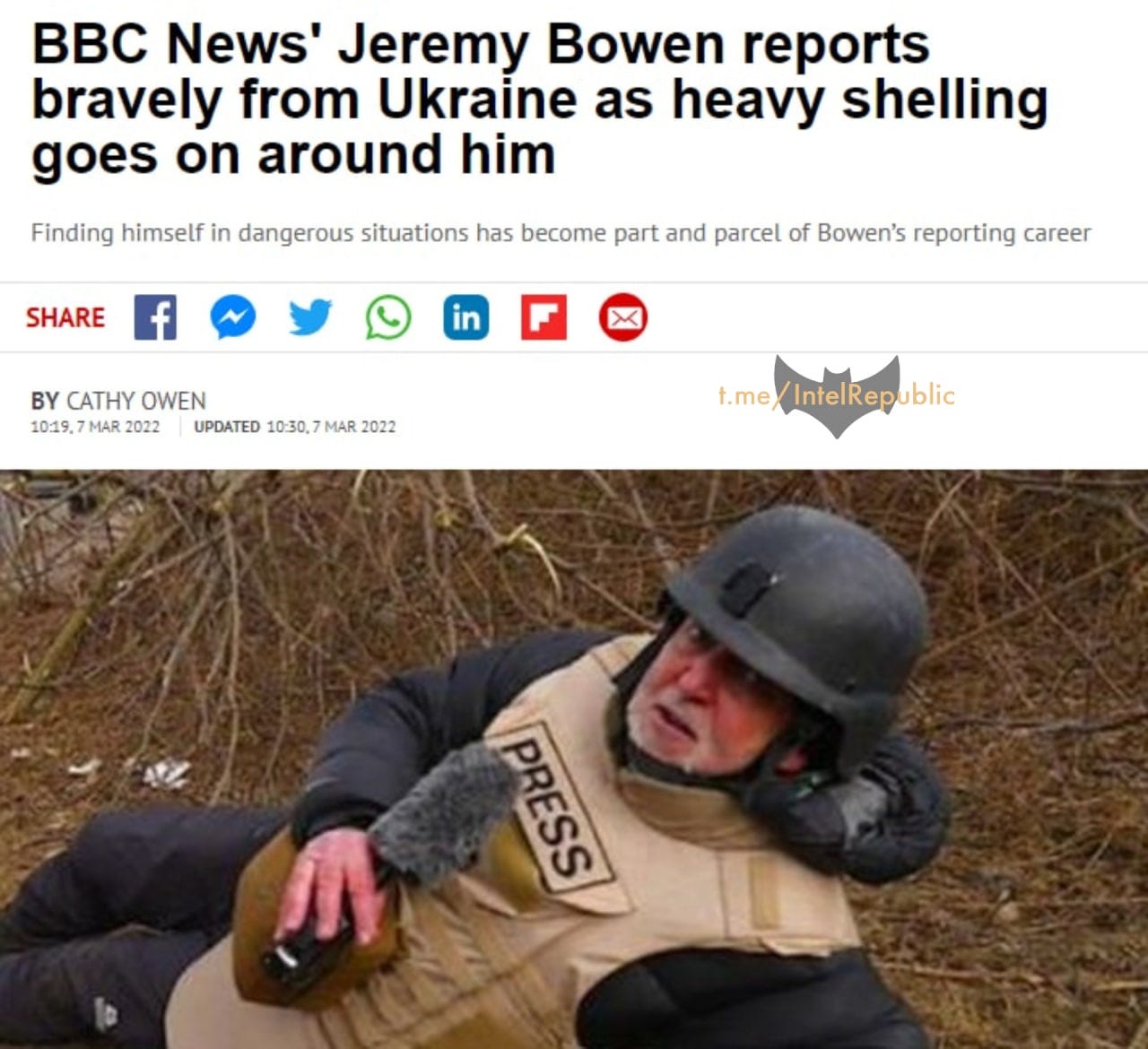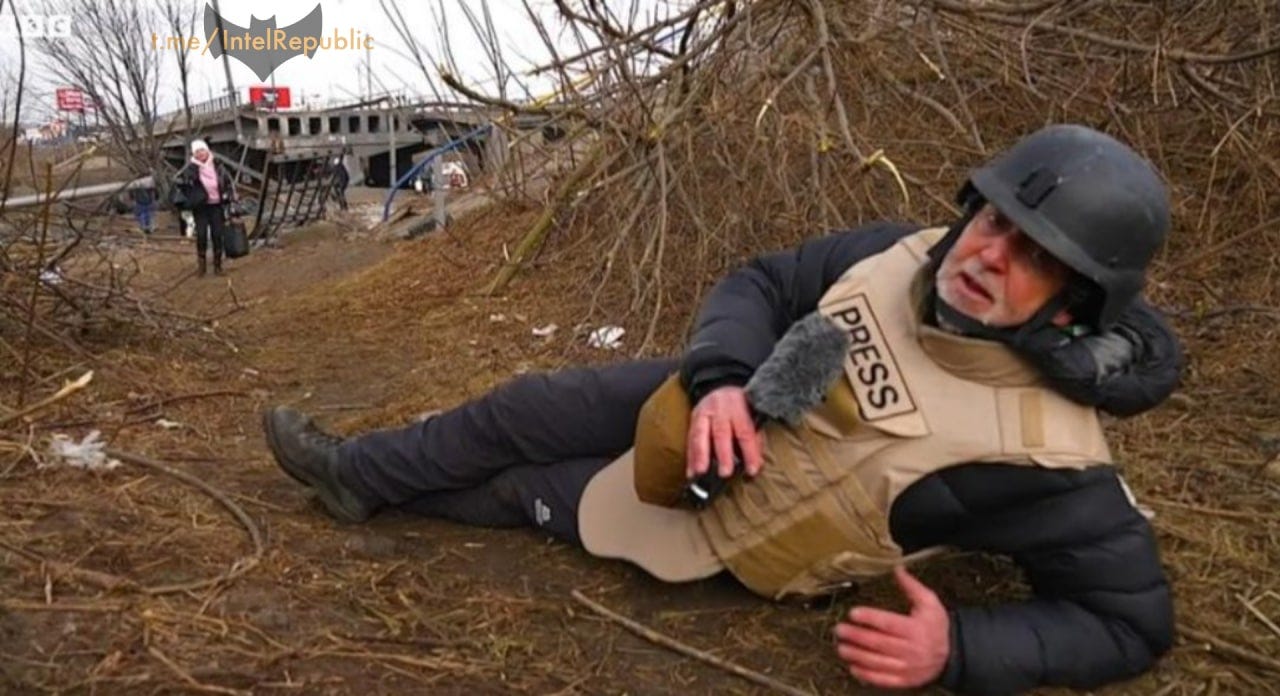Mainstream media has a way of exploiting the trust of their audience to make that audience think that they've been told something for a fact, when in fact the media just delivered someone's opinion, or repeated a rumour. Similarly to eating junk food, consuming such media can leave you with the feeling of having imbibed more than you actually did, and the feeling of satisfaction is always fleeting, sometimes giving way to queasiness. You may come away from an article feeling that you got a general overview of events, while being unable to remember any specifics. Perhaps there will be some 'personal story'1 that provides an emotional hook where facts should have been - it might not prove anything in itself, but it puts a sympathetic human face on the events, one that you feel guilty doubting.
Describing the details of a news story to a disinterested third party would be difficult, but anyone you actually speak to about it is almost certainly going to be as marinated in the same media stew as you are, so your shared belief in the general outlines instead works to reinforce its reliability. Friendships are formed through shared emotions, not shared facts - do you really want your friend to think that you question the sad story you both read about some faraway person's loved one dying, or their home being destroyed? If you think that maybe the story was a little manipulative or irrelevant, do you really want to implicitly accuse your friend of being gullible for believing it? Easier to just keep those thoughts to yourself, or even better - doubt your own judgment.
Obviously I'm writing this with the Ukraine war in mind. This BBC article and this one from the first days of the conflict are prime example of stories that have been carefully crafted to combine indisputable facts with implied extrapolations, leaving the reader to infer conclusions that the writer didn't actually say. Russia certainly did 'attack Ukraine' - they were open about attacking military targets, and their reasons for it. There are pictures and reports of at least one damaged civilian building, and they're presented as part of the same story, so the implication is that they are also the result of Russian attacks, even though the headline doesn’t say where the missiles came from (only “Missiles hit Kyiv”). In only one line does the article concede that Russia denies attacking civilian targets.
So what conclusion can you draw from this? One of the following:
Russia is attacking Ukraine, both military and civilian targets, and lying about not attacking civilians.
Russia is attacking Ukrainian military targets, and someone else is attacking Ukrainian civilian targets.
The Russian MoD have made numerous claims of Ukrainian nationalist groups attacking civilians - these attacks on the DPR and LPR were the justification for their strikes on military targets - but none of these get reported in mainstream media, so a reader that trusts the media and doesn't trust Russia, is going to assume that the first conclusion is the correct one. And why don't they trust Russia? Probably because they've read all kinds of stories in the media about how Russia is alleged to have interfered with the US election, attacked Georgia, poisoned its former spies in the UK, and all kinds of other things. These stories generally repeat claims and assertions of political leaders and other partial entities - they report on proof and evidence, without showing it. The very fact that the media reported on them gives them credence, assuming you trust the media, and those political entities.
Here’s another comparison. In December 2022, Russia targeted some civilian infrastructure, most notably the power grid, because it was also used for military purposes. At the end of December, the BBC ran an article title ‘Russia fires dozens of missiles at Ukrainian cities’, describing missile attacks on cities (without specifying when they occurred), and mentioning the attacks on infrastructure. The day before that article, TASS published an article titled ‘Explosions heard in Kharkov in eastern Ukraine — TV’, reporting that city mayor Igor Terekhov had said on TV that the city was being shelled and that residents should stay in shelters. Russia has always insisted that they are not targeting cities, so although it’s a short article, the inference is that this shelling is not coming from the Russian side. The BBC mention attacks on Kharkiv and elsewhere, but only in the context of Russian strikes. The inference from the BBC is that any missiles hitting Ukrainian cities are Russian; TASS is merely stating that Ukrainian cities are under attack.
Or here’s another example. This BBC story about Ukrainian civilians making Molotov cocktails in Dnipro is portrayed as people coming together to defend their homes. This video on the Independent shows some people actually throwing one from a car at a Russian tank. What neither of these stories mentions, is that by attacking the Russian military, these civilians make themselves targets, when they wouldn’t otherwise be. The Russian tanks weren’t attacking the car as it approached them and it’s not clear what happened after they threw the Molotov at the tank. The Kyiv Independent tweeted the following on Feb 25:
That’s the Ukrainian Defense Ministry asking residents to stay at home make Molotov cocktails - essentially, asking them to put themselves between the Russian army and the Ukrainian army… like a human shield. The Russian army said over and over again that the civilian population was at no risk from them whatsoever, but media-savvy Ukraine wanted pictures of destroyed civilian buildings. In a media environment in which Russia is exclusively portrayed as the aggressor, why would anyone doubt that they are responsible for any damage incurred?
The Ukraine conflict has created no shortage of genuine stories of human misery. I know a number of people who are either personally affected by events, or know people who are. Some people have been very angry with me for suggesting that the person they know who is genuinely suffering (for example their flat has been damaged and they are unable to get medication), might be doing so as a result of the actions of Ukrainian nationalist groups, or even of the AFU, and not those of the Russian army. Why am I repeating Russian propaganda, they ask me? The implication is that I don’t care about the person’s suffering, which couldn’t be further from the truth. Unfortunately the fact that your home was damaged by a missile, or people you know were hurt or killed by one, doesn’t mean that you or they know who fired it - but to believe that your own side did it, is to add insult to injury.
This also applies just as acutely to people whose friends have been drafted into the Ukrainian army: what, do I want the Russians to kill them? Of course not. I have a lot of sympathy for those people (as do many Russians, including those in the army), forced to fight for these corrupt puppets of the west, trapped between the Russian artillery in front and the Nazi ‘punisher’ units behind, ready to execute anyone considering surrendering. These draftees are being used as human shields, their pointless deaths nothing more than a PR move, an emotional crowbar.
The reason why I'm 'repeating Russian propaganda' is because I believe I can tell when someone is bullshitting me, and I still believe in my own ability to think. When someone is trying to convince you of an untruth while avoiding accusations of outright lying, they use verbal tricks to achieve that end result. As I’ve written in previous posts, the BBC both misrepresents evidence and repeats lies (even leaving them published and uncorrected when they are shown to be lies), and they’re not alone in this, and apparently no authority exists to hold them accountable. The Russian military makes unambiguous allegations of Ukrainian nationalist groups (and sometimes the AFU) abusing civilians, using them as human shields and sometimes shelling them, and they publish corroborative testimony from people they’ve evacuated. Dismissing what the Russian side says as ‘bullshit’ because it’s not what you want to hear isn’t going to make it any less convincing, or make our own media’s version of events any less farcical.






